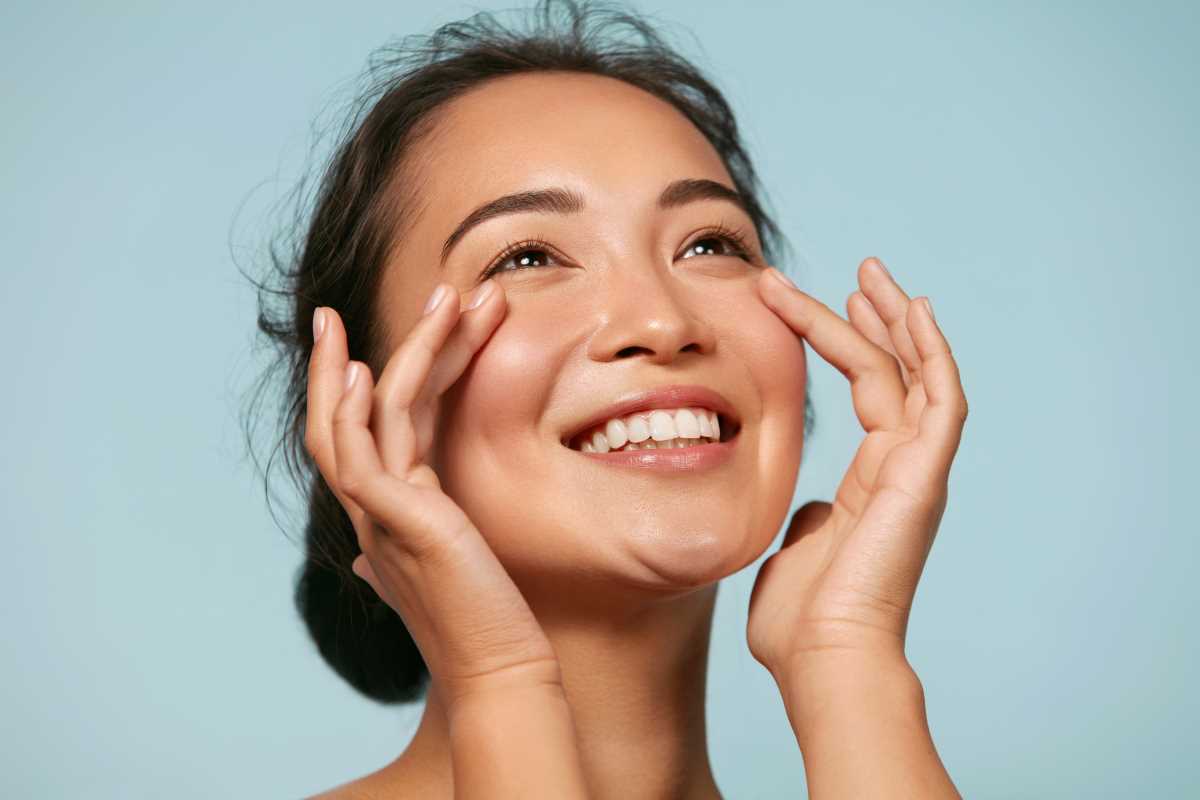Your skin is the largest organ in your body, and it’s one of the first places to show signs of how healthy your diet is. Ever notice a breakout after indulging in junk food or unusually dry skin when you’ve been skimping on water? That’s not just a coincidence. What you eat has a direct impact on your skin's health and appearance. While skincare products work on the surface, good nutrition builds stronger, healthier skin from the inside out. By learning how vitamins, hydration, antioxidants, and even sugar affect your skin, you can make small changes that lead to big results for that glowing complexion you’re after.
Vitamins Are Vital for Great Skin
Vitamins play a huge role in maintaining healthy skin, each offering unique benefits that target different concerns.
- Vitamin A: Found in foods like sweet potatoes, spinach, and carrots, vitamin A helps regulate skin cell production. This keeps your skin firm, smooth, and less prone to clogged pores. For people with acne, vitamin A is especially helpful in balancing oil production.
- Vitamin C: If glowing, youthful skin is your goal, vitamin C is a must. It boosts your body’s ability to make collagen, which is the protein responsible for keeping skin plump and elastic. Eat citrus fruits, strawberries, and bell peppers to replenish your vitamin C levels and slow signs of aging like sagging or fine lines.
- Vitamin E: Known for its antioxidant properties, vitamin E protects your skin from free radicals caused by UVB rays and pollution. It's important to note that while it helps absorb some UVB light, it doesn’t protect against UVA rays, so it shouldn’t replace sunscreen. To boost your vitamin E intake, try foods like almonds, sunflower seeds, and avocados.
Eating a variety of colorful fruits and veggies ensures you’re covering all your vitamin bases, giving your skin everything it needs to thrive.
Hydration Means More Than Drinking Water
Hydrating your skin isn’t just about chugging water all day (though that helps, too). Your body absorbs hydration from the foods you eat, and being well-hydrated supports skin that’s smooth and supple.
Add water-rich foods like cucumbers, watermelon, and celery to your meals for an additional hydration boost. Healthy fats are equally important in keeping skin moisturized. Fatty fish like salmon, nuts, seeds, and olive oil help lock in moisture and keep your skin from drying out.
If your skin feels parched or looks dull, it may be a sign you need to up your water and healthy fat intake. A well-hydrated body equals well-hydrated skin.
Antioxidants Are Your Skin’s Defense Team
Antioxidants are like tiny shields that protect your skin from harm caused by pollution, UV rays, and daily stress. Without them, your skin can age faster or show uneven texture and tone.
The best sources of antioxidants for your skin include:
- Beta-carotene: Found in carrots, apricots, and sweet potatoes, beta-carotene not only protects your skin from cellular damage but also gives your complexion a healthy glow.
- Polyphenols: These antioxidants are abundant in green tea, dark chocolate, and blueberries. They fight off free radicals, improving your skin’s elasticity and reducing inflammation.
- Lycopene: Tomatoes are a rich source of lycopene, which can help reduce sun-induced damage when combined with sunscreen.
Adding these antioxidant-rich foods to your snacks and meals can do wonders for protecting your skin and keeping it bright and youthful.
Sugar and Processed Foods Are Skin’s Worst Nightmare
Here’s a hard truth for your sweet tooth. Eating too much sugar can harm your skin by triggering a process called glycation. Glycation damages proteins in your skin, like collagen and elastin, causing wrinkles and sagging over time.
Processed foods are often packed with hidden sugars, unhealthy fats, and excessive salt, which can lead to puffiness, dull skin, and even exacerbate acne. Think of that donut or soda as a double attack on your complexion.
The good news? You don’t have to ditch sweets entirely. Swap sugary treats for naturally sweet options like fresh fruit or a square of dark chocolate (at least 70% cocoa). Instead of processed carbs like white bread or pasta, go for whole grains such as quinoa or brown rice to support clearer, healthier skin.
Five Easy Nutrition Tips for Healthier Skin
You don’t need to overhaul your whole diet to benefit your skin. These simple changes can make a big difference over time.
- Snack smarter. Keep almonds, walnuts, or sunflower seeds handy for a quick dose of skin-loving vitamins and healthy fats.
- Upgrade your drinks. Replace sugary beverages with antioxidant-packed green tea or spice up your water with refreshing add-ins like lemon and mint.
- Cook with care. Choose grilled or baked protein options alongside steamed or roasted veggies instead of relying on fried or processed meals.
- Smoothie it up. Blend spinach, berries, and chia seeds into a smoothie for a nutrient-dense snack that supports glowing skin.
- Prioritize protein. Your body needs protein to produce collagen, so aim to include fish, eggs, beans, or lean meats in daily meals.
The best part is that these dietary changes don’t just create great skin. They also improve your energy, immune health, and overall well-being. Healthy skin starts on your plate, so make every bite count!
 (Image via
(Image via





